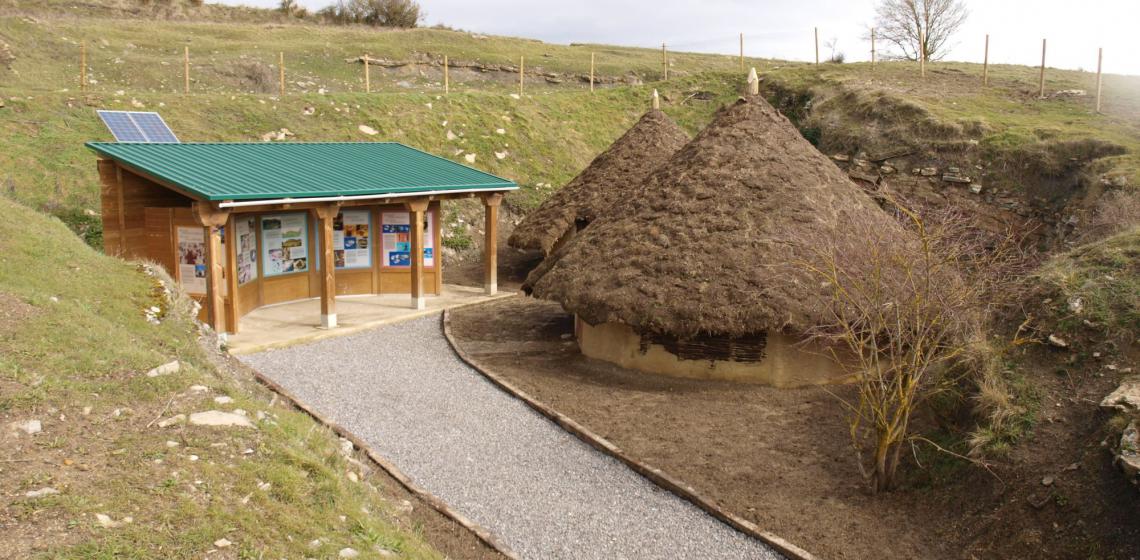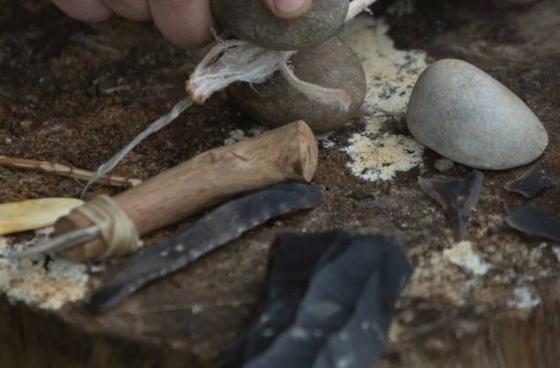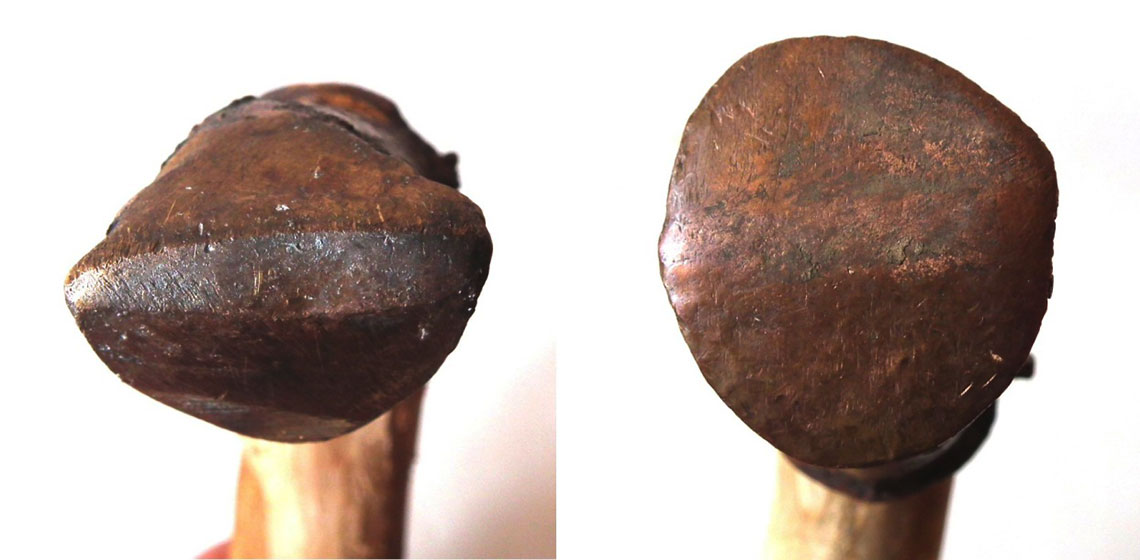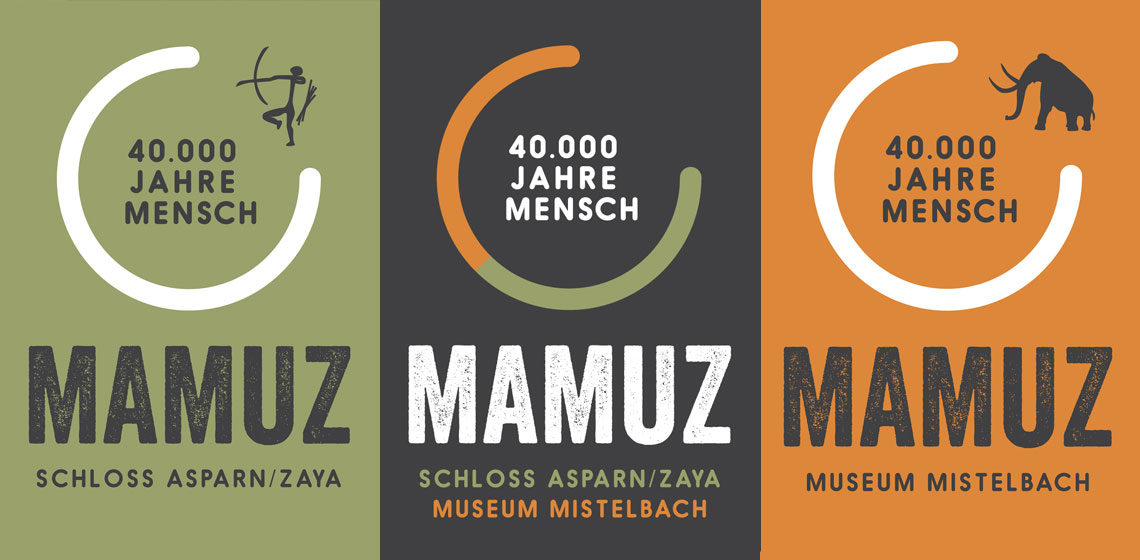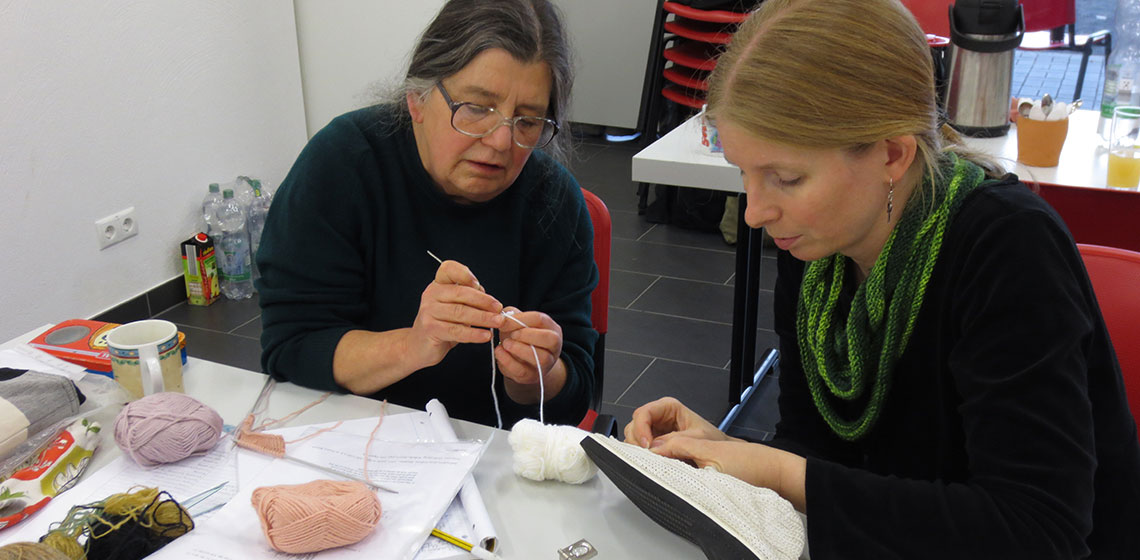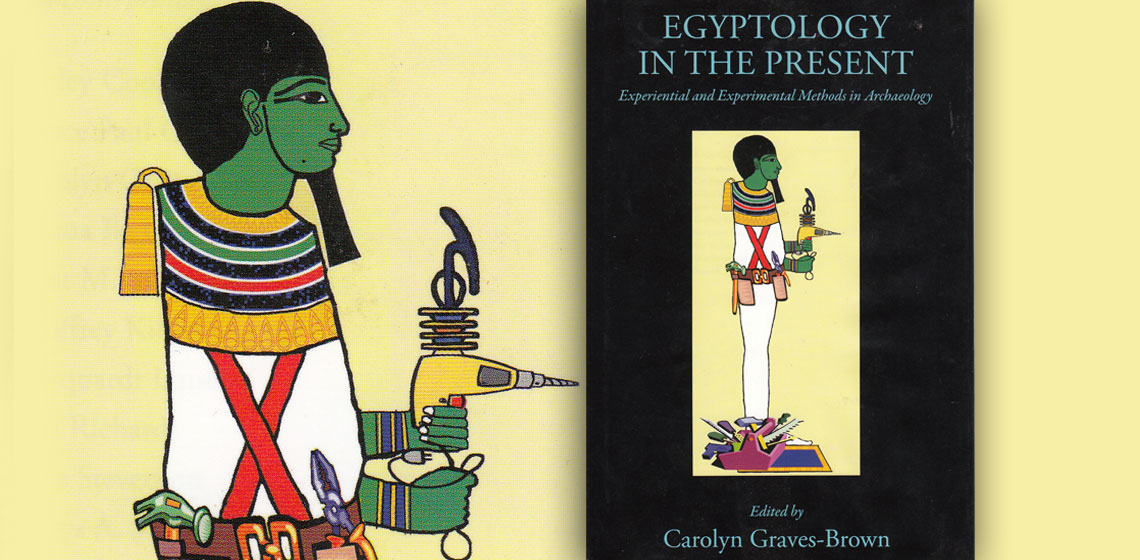UCD Centre for Experimental Archaeology and Material Culture (IE)
The Centre for Experimental Archaeology and Material Culture (CEAMC) at University College Dublin, Ireland, established since 2012, is one of the only specifically designed and dedicated, on-campus university facilities in the world for experimental archaeology and material culture studies. It supports research projects, innovative teaching, and public outreach activities, so as to enable the creation of a better understanding of the nature and role of crafts, technologies and materiality in people’s lives in the past.


